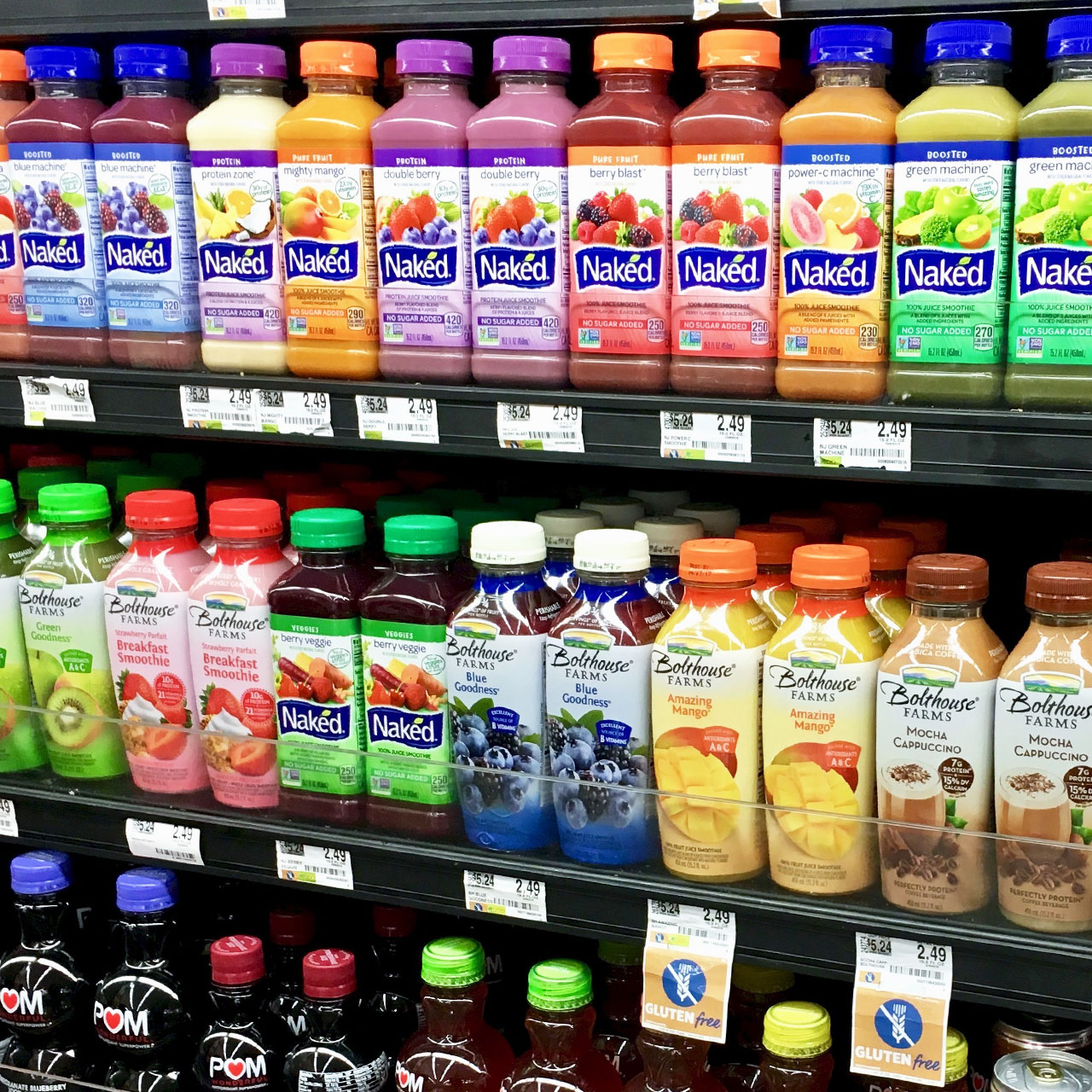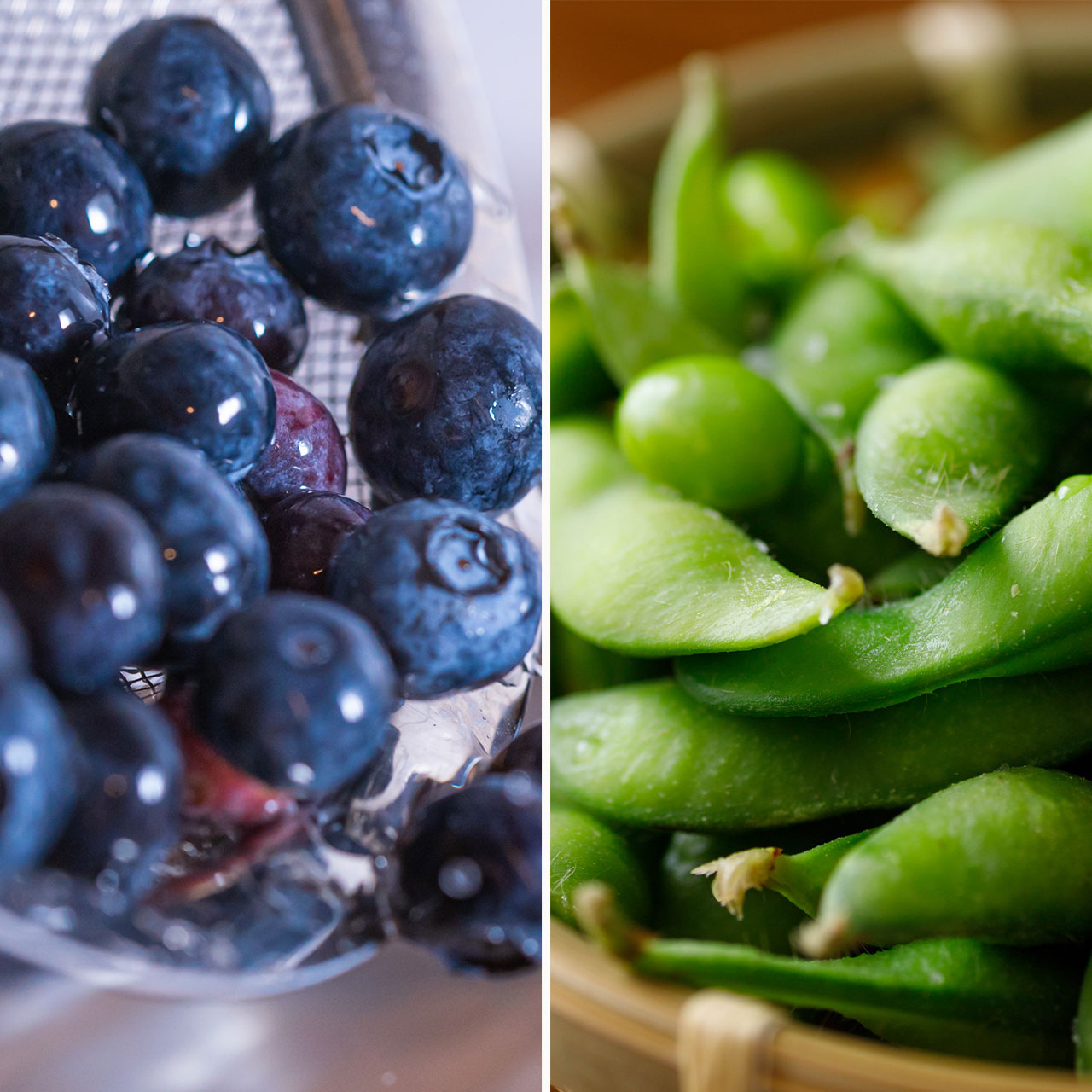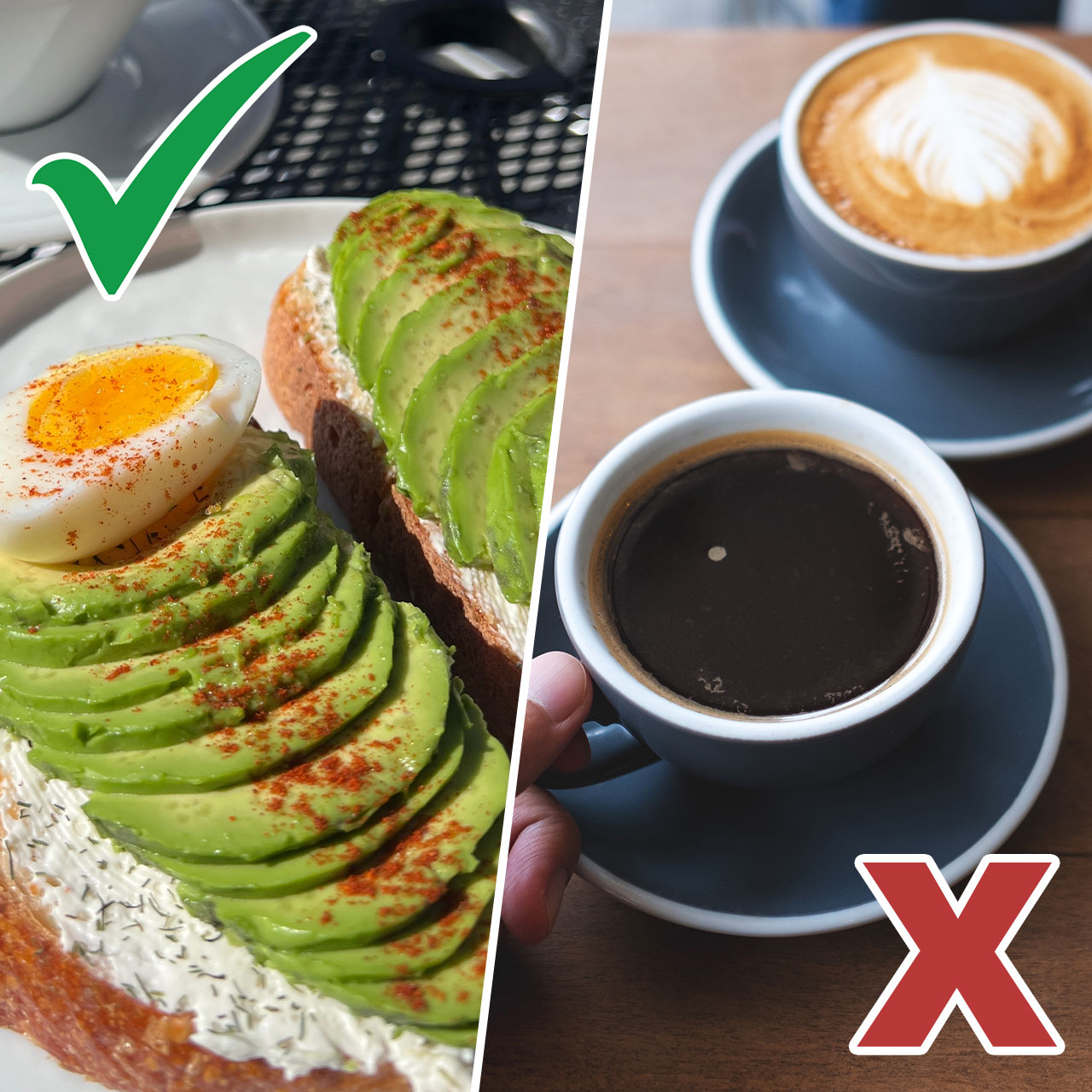Creating a balanced diet is key to having a healthy metabolism. You always want to go for foods that are full of nutrients so that your body can perform at an optimal level. If your overall fitness goal is to lose weight, it helps to understand how metabolism works and what foods you should avoid when it comes to your diet. We checked in with a medical expert to know more about this chemical process and how it affects our bodies. Read on for insights and tips from dietitian Dr. Amy Lee, Chief Medical Officer of the Lindora Clinic.


What You Need To Know About Metabolism
According to Dr. Lee, "When we speak of metabolism, we are indirectly [referring to] how much energy [we are] producing from the amount of food we are eating or drinking. Everyday, we create energy in forms of calories and we burn off calories from the foods and supplements we eat and the movement we acquire. One's total energy output is also known as the 'total energy expenditure' and it is made up of one's basal metabolic rate (oftentimes made up of foods we eat, our genetic makeup, and our general movement) combined with the additional exercise that one may take on daily. As a result, your total calories burned can very well be manipulated by various components."
Ultimately, weight loss requires you to think about several factors (such as food intake and physical activity) and adjust your lifestyle habits accordingly so you can make the most out of burning calories. "Be mindful of [your] daily movements and make an effort to implement a moderate level of exercise into your day," Dr. Lee warns. She adds, "Your overall stress level (psychological state, relationships, sleep quality, etc.) can also make an impact on the likelihood of you burning more or less calories daily."
And if there's one simple thing you can do to lose weight, Dr. Lee suggests that it's to "[eat] foods that burn calories for you" such as good lean proteins. To prevent your metabolism from slowing down, here are the top three items she thinks you should think reconsider before consuming:

Alcohol
Whether it's beer, wine, or a cocktail, "alcohol of any potency contains alcohol," says Dr. Lee. "The human body will always want to get rid of that chemical first by increasing the enzymes in the liver to metabolize it. At the same time, the body is also smart enough to not get overworked, so some of the natural metabolic pathways would slow down, including ones that metabolize food." With that in mind, Dr. Lee explains that, "people don’t burn fat or get into ketosis as readily when they drink alcohol."

Soda
Processed sugar, especially soda, is another factor that causes slow metabolism. As per Dr. Lee, "As long as you are eating sugar, your body will likely store it. The human body recognizes sugar very readily and every cell depends on sugar to function, so it is very difficult for one to burn fat when sugar is still in the diet."

Ice Cream
This dairy product that contains high levels of sugar is also a culprit in slowing down your metabolism. Dr. Lee mentions, "Ice cream contains trans fats which also inhibits one's metabolism [from] working optimally." In addition to this, "trans fats also contribute to one's elevated cholesterol and results in cardiovascular disease." Yikes!
So if you want to improve your wellness and allow your body to function at its maximum capacity, it may be best to cut down on these items and replace them with healthier options.


























